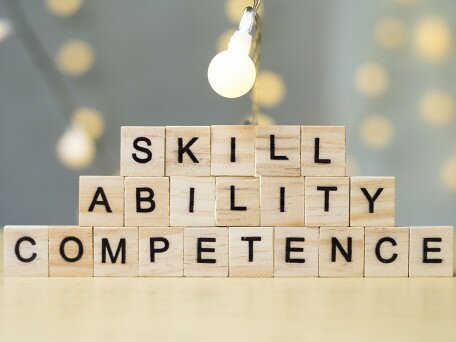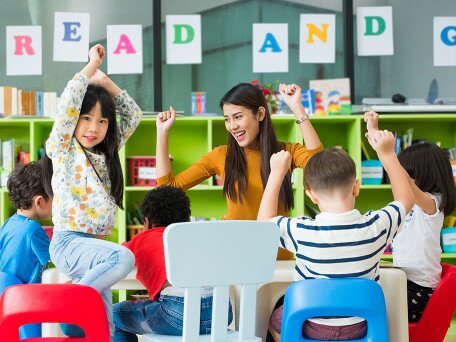How Social-emotional Skills Affect Children’s Reading Comprehension: A Cross-Lagged Longitudinal Study
- 项目计划:
- 优配研究金
- 项目年份:
- 2023/2024
- 项目负责人:
- 佟秀红博士
- (心理学系)

Most significantly, it will employ a longitudinal design to systematically examine the bidirectional relation between social-emotional skills and reading comprehension, resulting in a more comprehensive picture of how social-emotional skills affect child reading comprehension and vice versa.
Social-emotional skills—defined as the ability to function competently at social tasks (Cook et al., 2008), as well as understand one’s own and others’ emotions, control one’s emotions, and be self-motivated (Law et al., 2004)—have been widely associated with child outcomes, such that children with high social-emotional skills tend to outperform their peers with low social-emotional competence, especially in education, and particularly in the vital skill of reading comprehension (McArthur et al., 2022). However, the mechanisms linking social-emotional skills and reading comprehension remain unclear, as does the question of whether poor social-emotional skills predispose children to poor reading comprehension or does poor reading comprehension skills lead to adverse social experiences and emotional problems. With those issues as the backdrop, the current study will test:
- the dynamic bidirectional relationship between social-emotional skills and the growth rate of reading comprehension in children,
- the underlying mechanism linking social-emotional skills and reading comprehension, and
- whether the growth/failure of social-emotional skills causes the growth/failure of reading comprehension and vice versa.
Participants will be 300 third-graders with mean age of eight. Over three consecutive years (i.e., grade 3 to grade 5), they will be administered a battery of tasks on social-emotional skills, oral language skills (i.e., vocabulary knowledge), cognitive skills (i.e., working memory), and reading comprehension, as well as nonverbal reasoning and family socioeconomic status (SES).
This study will make several novel contributions to the literature. Most significantly, it will employ a longitudinal design to systematically examine the bidirectional relation between social-emotional skills and reading comprehension, resulting in a more comprehensive picture of how social-emotional skills affect child reading comprehension and vice versa. Our results will also shed light on the mechanisms linking social-emotional skills and reading comprehension by testing the mediating roles of cognitive and oral language skills and word reading on the association between social-emotional skills and reading comprehension. Given the fundamental role of reading comprehension in successful academic learning, and professional and personal opportunities, documenting these mechanisms is critical for informing policies and interventions designed to reduce reading comprehension disparities among children.
Furthermore, this study’s findings will
- inform parents, educators, and policymakers about ways to promote reading comprehension and social-emotional skill intervention programs that benefit child development;
- enhance these intervention programs by incorporating socialemotional skills with other language- and cognitive-related skills to screen for at-risk readers; and
- inform policies and programs that provide support to children with social-emotional problems and poor comprehension skills.








